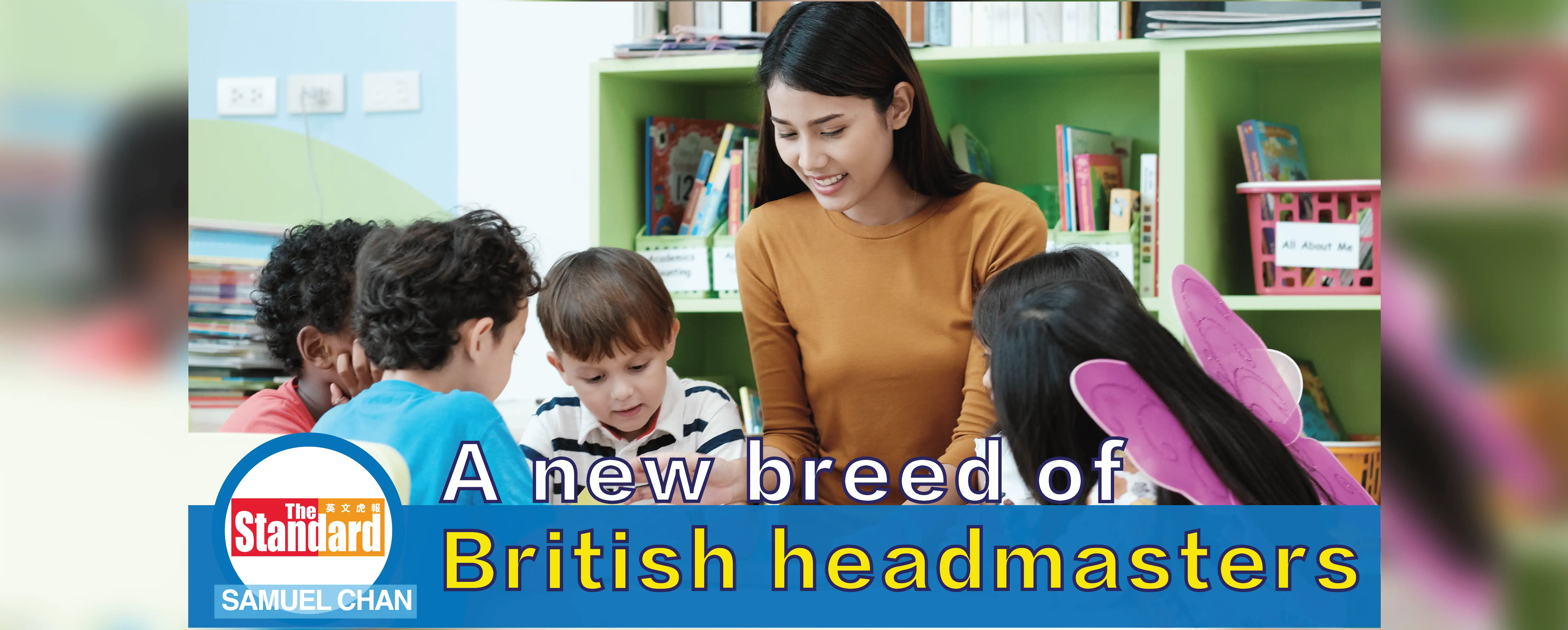British independent schools may have centuries of history behind them but they are facing a great many challenges at the moment. Although their popularity with international students is higher than ever – particularly in Hong Kong – right now, this does not guarantee their survival.
One of the ways in which they are dealing with the various challenges is choosing a different headmaster to lead the way. In this article, I want to look at what the new headmasters are like and how exactly they differ from the old breed.
In the past, headmasters of independent schools came pretty much exclusively from an academic background. They would often have been Oxbridge graduates, starting in teaching and moving their way up the ladder. Many heads would also have been alumni of their schools, or at least alumni of schools with similar cultures. By the time they became headmasters, they would probably be very settled men of a relatively advanced age.
Now, however, it’s a different story. Heads of today are often under the age of 40 and will have come to the position from a background that is not necessarily academic at all, but much more commercial.
In some cases, the length of service as head could be as short as five years.
An interesting example is Mark Semmence, the new headmaster of Repton School.
Although he has now had many years in senior roles within education (he was formerly headmaster of Mount Kelly and assistant head at Rugby School), prior to that he actually spent 10 years in the international sports marketing sector. In that time, he worked in London, New York and Dubai. The clients he worked with included the Association of Tennis Professionals and World Cup organizing committees for cricket and rugby.
What makes Semmence valuable today and what he brings to a school like Repton is this commercial experience.
Of course, it goes without saying that the point of a top school is still to provide students with an excellent education.
Now, however, schools really do best when they work as businesses as well.
Another example would be Nick Gregory, head of Wycliffe College.
He spent eight years in a management role for Barclays before teaching modern languages at a number of schools, progressing to become a housemaster and now a head.
Similarly, Tony Jackson, head of Barnard Castle School, worked for Macquarie Bank in Australia and was then in banking in London for four years. He was also a professional rugby player in Spain for a while.
So what is happening here? Why the shift?
In order to survive, let alone prosper, independent schools today often need to be very competitive. They are typically taking such actions as opening satellite schools overseas, adopting a more flexible approach to suit the needs of students (such as offering international one-year GCSEs and BTEC courses) and generally looking at the global picture. Many are hiring not only the traditional registrar but also a head of marketing.
The role of the headmaster has changed considerably. Schools are now wanting forward-thinking, commercially-minded leaders with great business sense.
It’s no longer enough to be an excellent teacher. Schools now go through cycles. They have development time, which is about getting loans and building, and they have repayment time.
It’s now crucial to look at the financial side of a school’s operation, and a head benefits enormously from having a solid grasp of these matters.
This is a bit like the way that politics changed throughout the 20th century, with an understanding of economics becoming much more important to the running of a country.
Heads today also benefit from having exceptional people skills. They have to be able to deal diplomatically with governors and long-established housemasters. In some cases, schools will also include a prep school, which means another headmaster thrown into the mix.
Then there are the parents and alumni , who are open to small changes but fearful of big ones.
British independent schools today often need some revolutionizing in order to survive.
The new heads that do best are those who are able to guide that process while holding on to the most important traditions and, at the same time, offering reassurance and a degree of compromise to the more conservative members of their communities.

